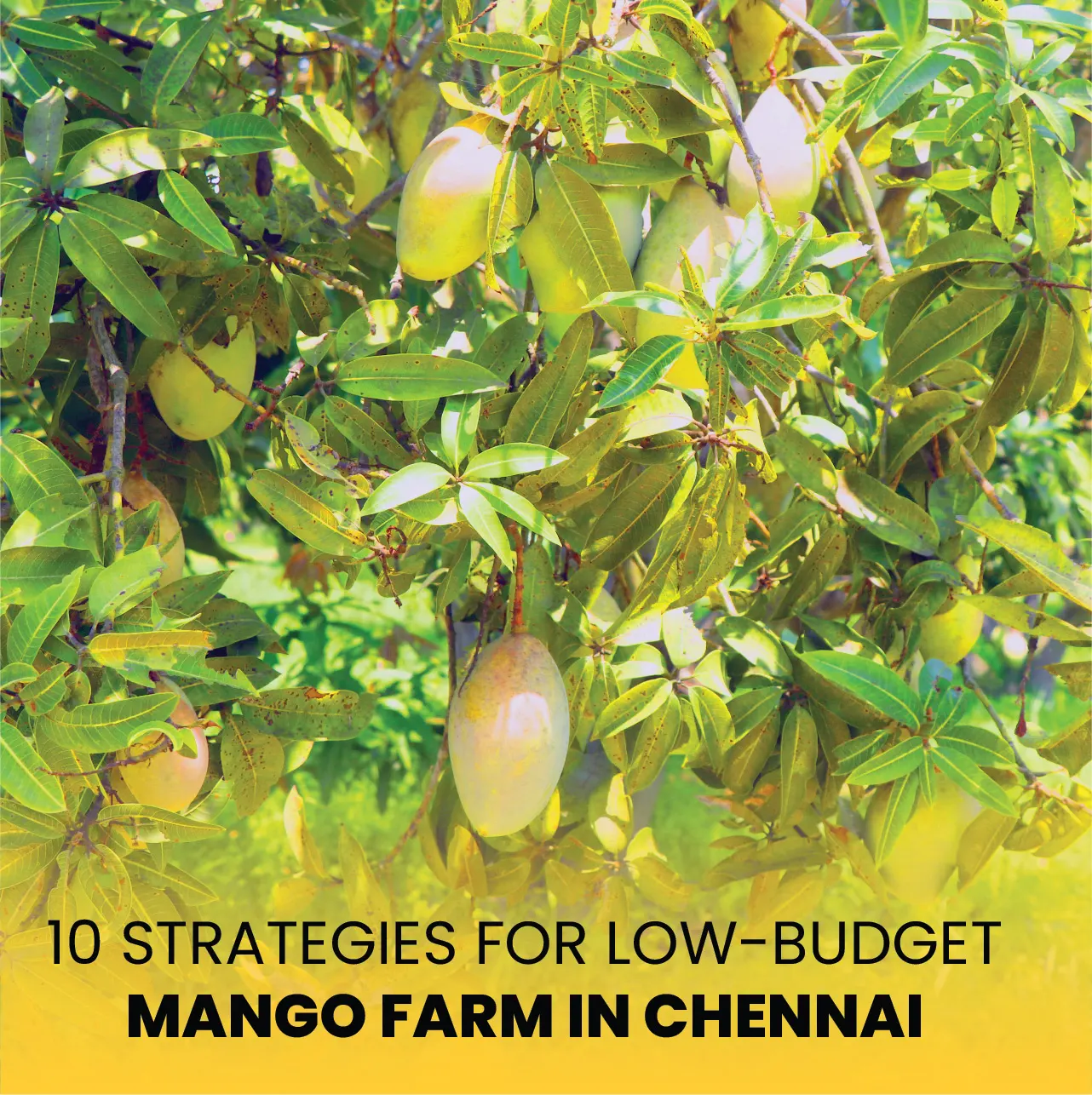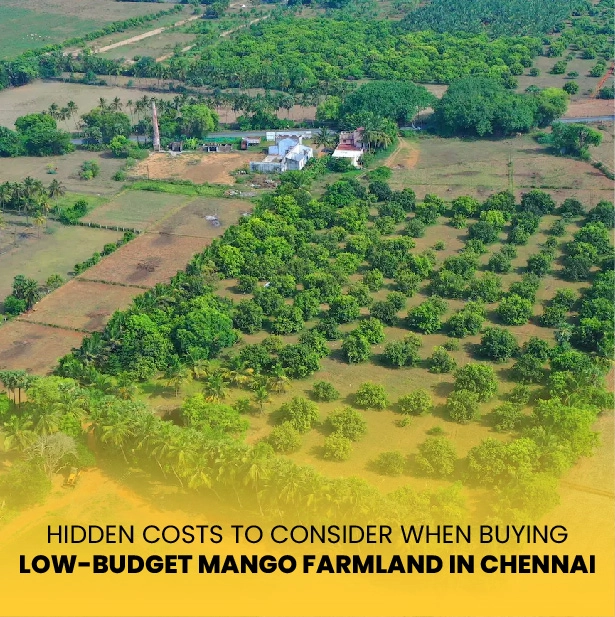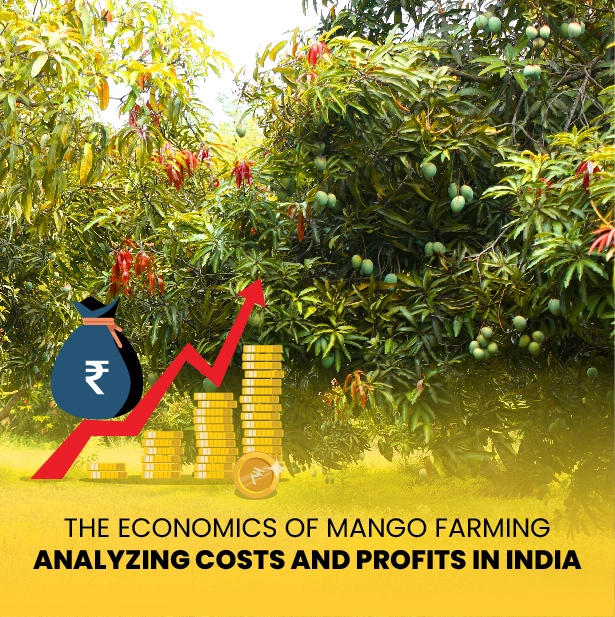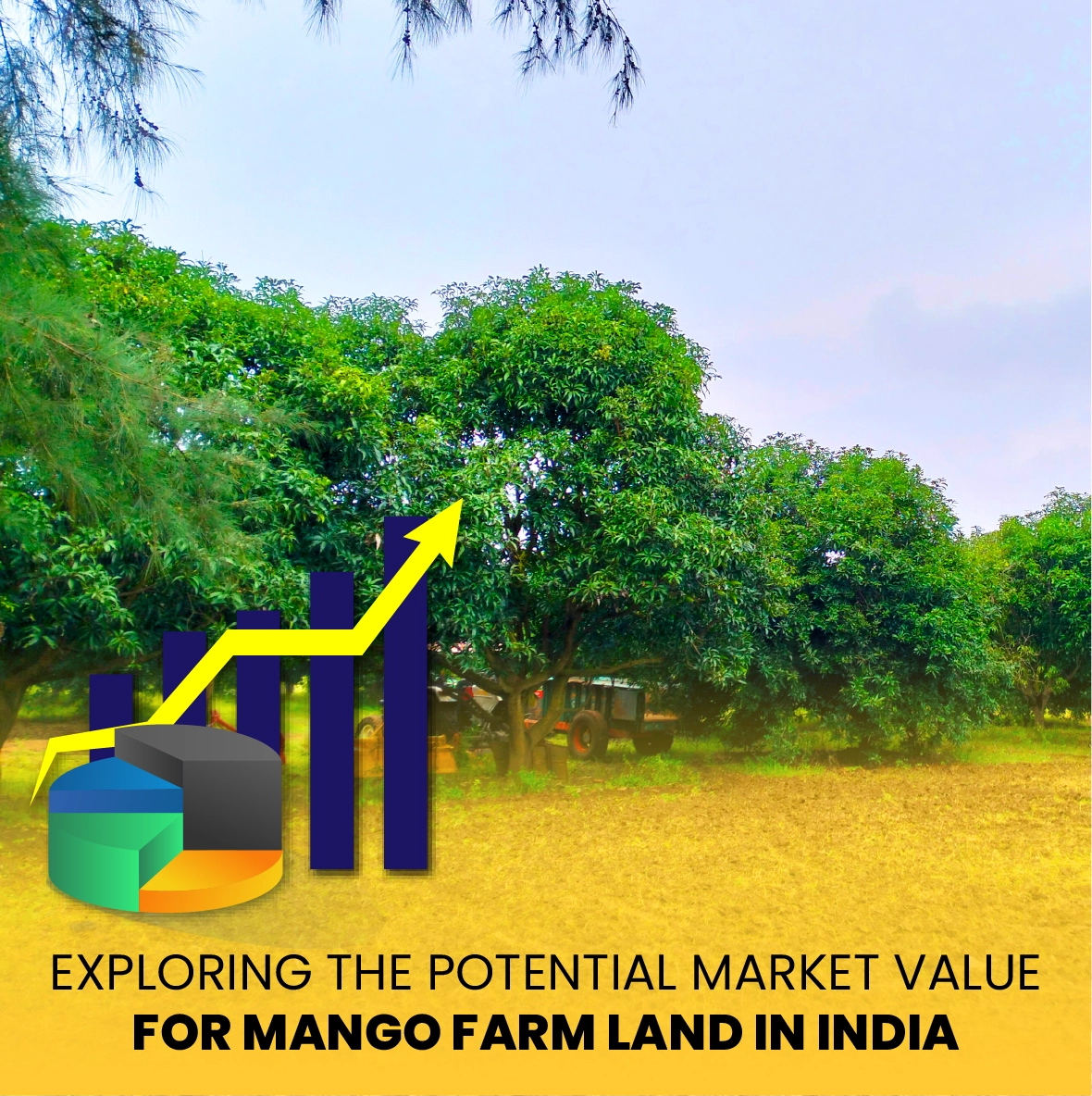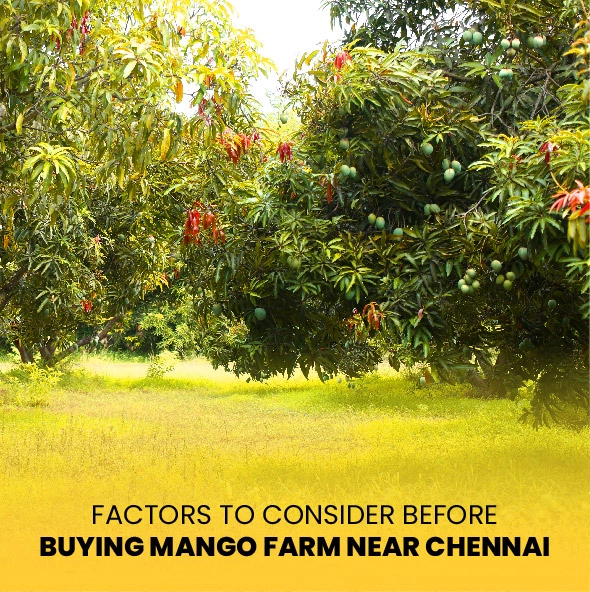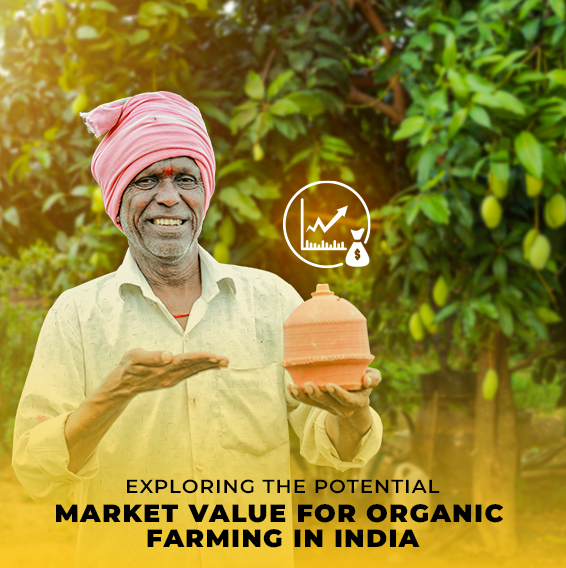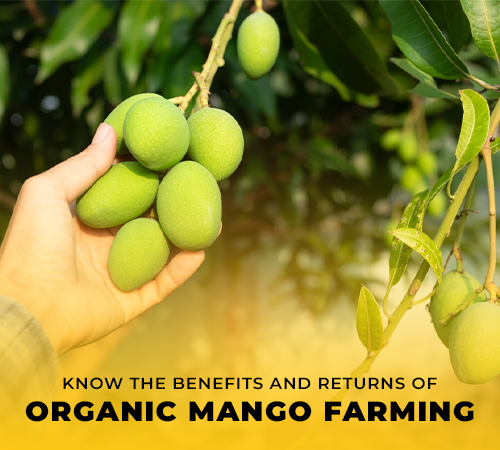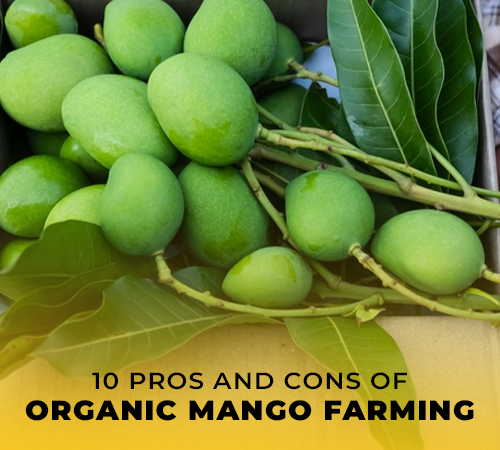Celebrated industrialist Mukesh Ambani, who is well known for his leadership in retail, telecommunications, and petroleum, has boldly combined historical respect with modern innovation to create Asia's biggest mango farm from once empty industrial sites. This innovative idea not only shows his dedication to environmental sustainability but also shows how modern corporate approaches may coincide with ecological responsibility to produce amazing results.

Comprising an amazing 600 acres, the great project known as Dhirubhai Ambani Lakhibag Amrayee honours the historical Lakhibag orchard created by Mughal Emperor Akbar. This new orchard creates a special mix of old and modern by deftly bridging India's rich agricultural legacy with innovative ecological techniques.
Comprising over 130,000 mango trees and an amazing range of more than 200 mango varieties, the orchard is evidence of Ambani's vision. Along with international types like Tommy Atkins and Keitt, valued for their longevity and export quality, these contain well-known Indian cultivars like Kesar and Alphonso, praised for their extraordinary taste and scent. This diversity not only emphasises the dedication of the orchard to maintain traditional mango varieties but also establishes it as a worldwide participant in the mango market.
On the journey from desolate industrial wasteland to a rich, fruitful mango garden, there were many difficulties. Two major challenges in the area were its dry climate and great salinity. But Mukesh Ambani's calculated approach included using many cutting-edge technologies meant to get beyond these challenges.
One of the main developments was the construction of a modern desalination plant. Maintaining the great variety of mango trees in the orchard depends on a consistent and reliable supply of pure water, which this facility guarantees. Furthermore included were sophisticated drip irrigation systems, which enable exact and effective water distribution, therefore greatly lowering waste and optimising water use. Complementing these initiatives, rainwater was gathered and stored using water collection methods, therefore enhancing the sustainability of the orchard.
Along with addressing the environmental issues of the area, these technical developments have turned the orchard into a vibrant ecosystem. The 600 tonnes of premium mangoes the orchard generates currently highlight the success of these creative ideas in reaching agricultural and environmental targets.
The view of Mukesh Ambani goes much beyond the boundaries of the orchard. The project's emphasis on community empowerment and help for nearby farmers forms its central pillar. Reliance Industries has the big chore of delivering 100,000 saplings to nearby farmers every year. This program offers them the tools they need to grow their own mango orchards, therefore promoting local agricultural growth.
Apart from distribution of saplings, Reliance provides thorough training courses on contemporary farming methods. Among many facets of sustainable agriculture, these initiatives include better irrigation methods, pest control, and soil health. Reliance is not only improving local farmers' methods but also helping to generally raise rural livelihoods by arming them with this information and experience.
This dedication to community support emphasises the larger influence of the initiative and shows how commercial enterprises may help with social and economic growth. Mukesh Ambani's project is bringing good change in rural areas by arming local farmers and supporting environmentally friendly methods.
Mukesh Ambani's involvement in mango farming goes beyond the limits of a conventional company endeavour. It establishes a new bar for sustainable practices in agriculture since it shows a harmonic combination of environmental concern and economic development. A shining example of creativity, the Dhirubhai Ambani Lakhibag Amrayee orchard shows how industrial leaders may make great commercial success using their resources to solve environmental problems.
The success of the orchard offers a paradigm for combining contemporary technology with old agricultural methods. It shows that it is feasible to build a flourishing agricultural business respecting ancient traditions while embracing modern solutions with vision and creativity. This method not only helps the local and international mango markets but also provides insightful analysis for other sectors trying to strike a balance between financial goals and environmental ones.
Mukesh Ambani’s one striking example of visionary leadership and ecological innovation is the Dhirubhai Ambani Lakhibag Amrayee orchard from once-barren industrial sites. This project revitalises barren areas by combining modern environmental techniques with a historical agricultural history, therefore establishing a new benchmark for sustainable development. Industries all around are inspired by the orchard, as it keeps growing and helps to produce mango globally. The audacious project by Mukesh Ambani emphasises the possibility for industry leaders to propel significant development in both environmental preservation and community empowerment, therefore opening the path for a cleaner and more rich future for all.






